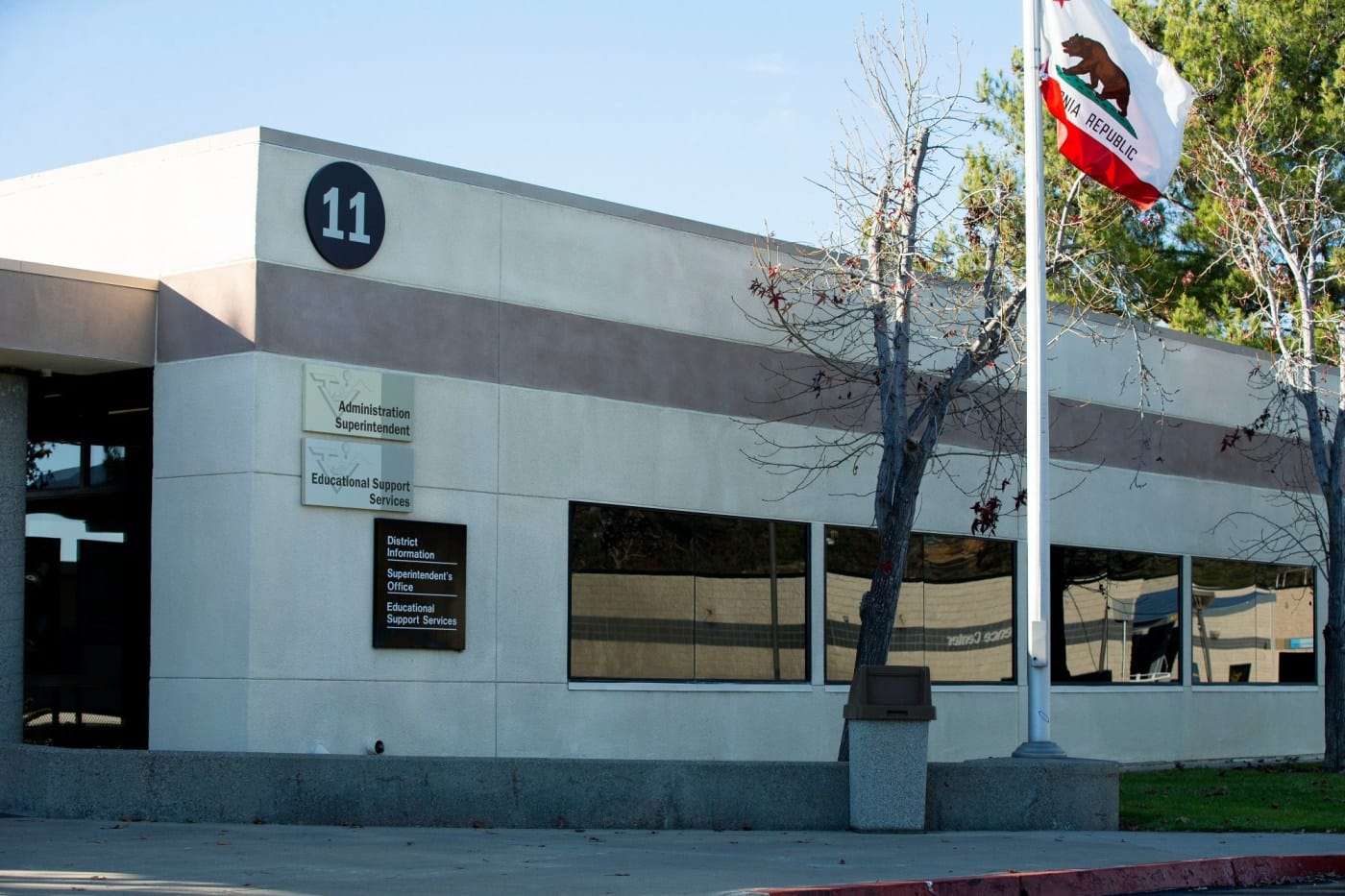A federal bankruptcy judge has granted a $5.8 million judgment against a Riverside man serving a nine-year prison sentence for selling fentanyl to a 20-year-old woman whose death inspired a campaign for tougher laws and harsher punishment for suppliers of the drug.
Judge Mark Houle granted the judgment Monday, Sept. 16, on behalf of Temecula residents Matt and Christine Capelouto, who became among the most outspoken parents of children who unwittingly have fallen victim to fentanyl poisoning. Their daughter, Alexandra Capelouto, was a sophomore at Arizona State University who died in 2019 after ingesting a counterfeit pill containing fentanyl while home visiting her parents for Christmas.
The Capeloutos and others campaigned for a proposed state law that became known as Alexandra’s Law, which was derailed in the Legislature but has been incorporated into Proposition 36, a tough-on-crime measure on the November ballot in California. It would require courts to notify convicted fentanyl dealers that if they deal again and someone dies, they could face murder charges.
Alexandra had purchased what she believed were 11 Percocet or Oxycontin pills from Brandon Michael McDowell, now 25, of Riverside via the Snapchat social media website. But what she actually bought were counterfeit pills called M30s, which resemble the prescription narcotics but are blue in color. Alexandra ingested half a pill before her mother found her dead in her bed on Dec. 23, 2019.
Alexandra Capelouto (Courtesy Capelouto family)
A federal grand jury indicted McDowell on one count of distribution of fentanyl resulting in death. Under a deal with prosecutors, McDowell agreed to plead guilty in July 2022 to possession with intent to distribute fentanyl. He was sentenced in February 2023 to nine years in federal prison, and is serving his sentence at Federal Correctional Institution, Terminal Island.
‘First of its kind’
Baruch C. Cohen, the Los Angeles attorney representing the Capeloutos, called the judgment a “the first of its kind — where a criminal drug dealer is found liable in a civil courtroom.”
“Typically these drug dealers go to jail and don’t have civil liability,” Cohen said. “This is where victims of illegal drug sales can now sue the drug dealer and hold their feet to the fire and hold them liable civilly.”
McDowell’s parents did not respond to requests for comment. But his father, Justin McDowell, told The Associated Press on Tuesday that it was unfair his son is taking all the blame, and accused the Capeloutos of taking revenge on him.
He told AP his son was struggling with drug abuse, had been in rehabilitation, and did not live with him at the time of Alexandra’s death because he had younger children at home.
“My son is no drug dealer at all. They were both users. They both had an addiction,” he said of his son and Alexandra Capelouto. “He was a stupid 20-year-old kid.”
Wrongful death lawsuit
The Capeloutos filed a wrongful death lawsuit against Brandon McDowell in November 2021 in Riverside County Superior Court, seeking unspecified damages for the death of their daughter. McDowell subsequently filed for Chapter 7 bankruptcy protection, aiming to discharge the Capeloutos’ claims, Cohen said.
But in May 2023, Cohen filed a complaint in bankruptcy court, arguing that the Capeloutos’ $5 million claim should not be discharged alongside McDowell’s bankruptcy proceedings. By December 2023, a default judgment of more than $5 million was awarded against McDowell in Riverside Superior Court.
Judge Houle upheld the Capeloutos’ award, ruling that the $5.8 million debt — including the original $5 million judgment plus interest — cannot be discharged in McDowell’s bankruptcy.
Judgment unfair, father says
McDowell’s father told the AP the judgment should not have been allowed, but he and his family will deal with it after his son is released from prison.
“We’ll wait for him to get out of prison, give him a hug, and figure out how to deal with the situation. … The kid’s never going to make $5.8 million in his life,” McDowell said.
Related links
San Bernardino man awaits sentencing in fentanyl deaths that inspired grieving parents’ activism
Disgusted parents taking fentanyl fight to the ballot box
Campaign launched to take proposed anti-fentanyl law directly to California voters
Why bills to crack down on fentanyl dealers have been doomed in the state Legislature
Man who sold fatal dose of fentanyl to Temecula college student gets 9 years in federal prison
But Cohen said he and the Capeloutos will make sure McDowell pays whatever he has when he is released from prison, regardless of when that is and how much money he has.
“Whatever length of time it takes,” Cohen said. “If he buys property, we’ll put a lien on it. If he gets a job, we’ll garnish his wages. We will enforce this judgment to the fullest extent of the law.”
Capelouto, who founded the founded the nonprofit Stop Drug Homicide in the wake of his daughter’s death, told the Southern California News Group that the judgment sets a precedent in which drug dealers can no longer use bankruptcy court to escape financial responsibility for their crimes.
“Not only are we going to hold drug dealers criminally responsible, now we’re going to hold them financially responsible,” Capelouto said. “A drug dealer is not going to be able to use bankruptcy as an escape hatch. If you deal drugs that result in the death of somebody’s life, you’re going to pay, both criminally and financially.”



